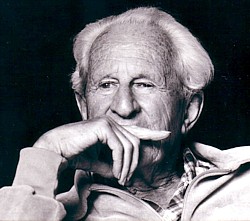
Power, Paul F. “On Civil Disobedience in Recent American Democratic Thought.” American Political Science Review 64, no. 1 (1970): 35–47.
Extract: Theoretical discussions of civil disobedience on ethical and political grounds received special attention in this country during the Nuremberg trials, the security and loyalty controversies of the 1950's and the pre-arms control years of nuclear power. A fourth wave of interest formed after the early civil rights protests and a fifth is appearing to consider dissent from national policies on the Vietnam War. In this paper civil disobedience is viewed from a trough between the fourth and most recent wave. The phenomenon is interpreted with selected ideas from the study of political obligation and unconventional dissent. The essay first assesses recent American analysis of civil disobedience to determine what the criteria should be to distinguish it from other forms of political action and to discover its political ethics. Secondly, there is an attempt to answer the question: Is there any appreciable service that carefully defined civil disobedience might perform in American democratic thought? The complete enterprise is provoked by a need to examine new strategies for democratic citizenship in a time when the deficiencies of American political life are becoming known to increasing numbers and varieties of people instead of remaining the preserve of enlightened elites.